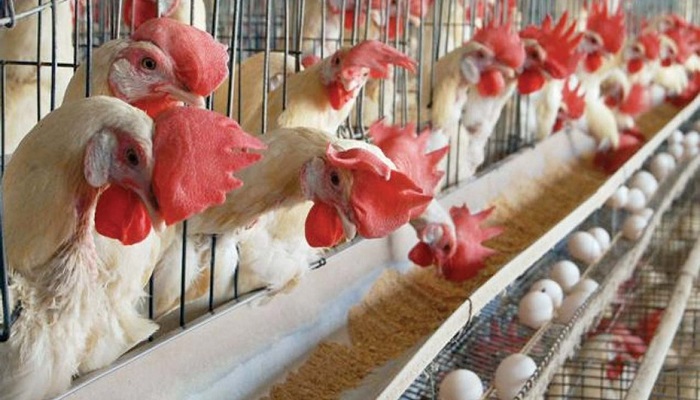Some farmers in rural communities of Benue have appealed to the Food and Agriculture Organisation (FAO) and its implementing partners to support them with needed finances to implement the alternative feedstock programme.
They made the call on Tuesday in Makurdi at a four-week training on the alternative food/livestock and commercial opportunities for some farmers from Makurdi, Guma, Kwande and Logo Local Government Areas (LGAs) .
A consultant of CSCED, Idris Gabdo said the four LGA’s were selected because of their high volatility to farmers/ herder clashes.
The News Agency of Nigeria (NAN) reports that FAO organised the training in collaboration with Center for Social Change and Economic Development (CSCED) as its implementing partner.
The programme, an initiative of the UN, UN Human Rights Commission(UNHRC) and the UN Women is aimed at promoting peaceful coexistence between herders and rural farmers.
A cross section of the rural farmers at the training that began on Feb.1 and expected to end March 5, said they needed financial support to implement the training.
Mr Aondo Lazarus, a pig farmer at Mbaungwa community in the outskirts of Makurdi, said: “we need assistance from this organisation (FAO) and the government to purchase the materials for the feedstock.
” We need to buy fertilizer; that is urea, cement, molasses and other components needed for the feedstock.
“We live in rural communities and are largely peasant farmers that allow our livestock to graze for their feeding.
” For some of us what is required for the feedstock will feed our homes.”
Another farmer, Emmanuel Kanyi, also said apart from the financial assistance, FAO should also train rural farmers as extension workers.
An Agricultural extension worker, Mrs Ladi Keghku, who corroborated the views of the farmers, regretted that many rural farmers that came for the training turned back on account of money to produce the feedstock.
Keghku explained that most of them complained of money to implement the acquired skills after the programme.
“At the beginning of the training, the expectations from the people were quite high. Some of them thought, the government would provide money for them after the training to start production of the feed.
“They started turning back until some amongst them encouraged them that no knowledge is a waste that they returned.
“In some of my training sessions, I had less than 30 participants, but overall I had 32 at the end. It would have been more if not for the concerns raised by others,” she explained.
At Anyiin, a location in Logo LGA, a facilitator of the training, Mr Ordi Mvendaga shared similar experiences with Keghku.
He lamented that trainees expected monetary benefits after training sessions.
“Some expected transport fares back to their locations and looked up to you, the facilitator, for such provisions,” he said.
NAN reports that the training, an initiative of the UN and its implementing partners, seeks to establish peaceful coexistence between crop farmers and herders in rural communities.
Four states of Benue, Adamawa, Taraba and Nassarawa, with high volatility in farmers/ herders clashes, were selected for the pilot training scheme.




